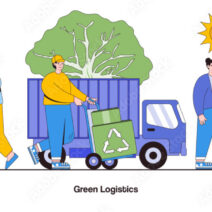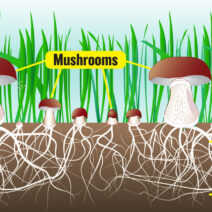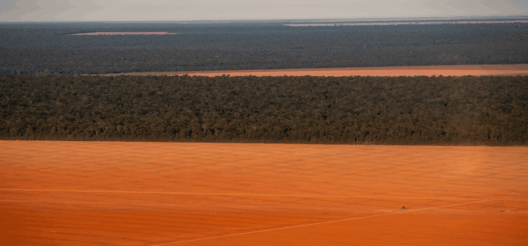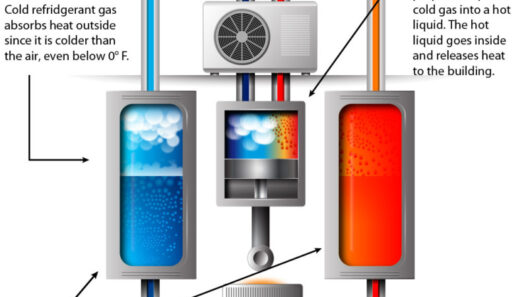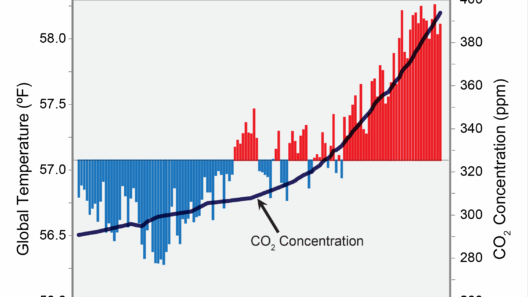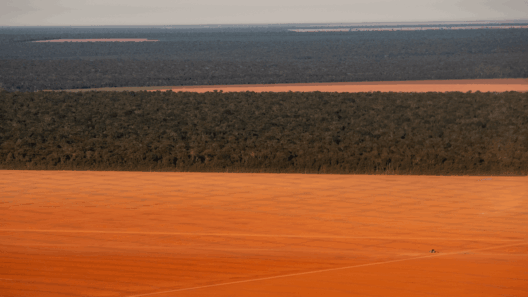Climate change is often likened to an encroaching tide—a slow but inexorable force that, if unchecked, will sweep away the foundations of our civilization. Like a seasoned sculptor chiseling away at a block of marble, nature is reshaping the contours of our planet. This transformation is not merely a backdrop; it represents a profound and multifaceted challenge that demands our immediate attention. Understanding the importance of climate change is crucial for the health of our planet and future generations.
At its core, climate change signifies a radical alteration in global weather patterns, driven primarily by human activity. The combustion of fossil fuels, deforestation, and unsustainable agricultural practices have released unprecedented amounts of greenhouse gases into the atmosphere. These emissions act as a thickening blanket, trapping heat and destabilizing the planet’s ancient equilibrium. The ramifications of this phenomenon extend far beyond rising temperatures; they infiltrate ecosystems, economies, and societies across the globe. Thus, this topic merits an expansive exploration.
Firstly, the environmental impact of climate change is profound. Ecosystems are not static; they are dynamic entities that thrive on balance. However, as temperatures rise, habitats are threatened, leading to the extinction of many plant and animal species. The intricate web of life, woven over millennia, is fraying at the edges. Coral reefs, often dubbed the “rainforests of the sea,” are bleaching at an alarming rate due to warmer waters and acidification, signifying a loss of biodiversity that holds imperative ecological functions. The death of one species, one coral, holds a ripple effect, disturbing predators, prey, and the very foundation of marine ecosystems.
Moreover, as glaciers and ice caps melt, the consequences are not merely confined to polar bears. Rising sea levels threaten low-lying coastal areas, endangering millions of inhabitants. Countries that once enjoyed temperate climates are now experiencing harsher weather conditions, from droughts to extreme flooding. Agriculture, the lifeblood of our civilization, becomes increasingly precarious as weather patterns shift unpredictably. This jeopardizes food security, leading to rising prices and social unrest. In many regions, farmers are becoming climate refugees, abandoning arid farmland that once sustained their livelihoods.
Climate change also poses a significant threat to human health. Increased temperatures lead to the proliferation of vector-borne diseases. Malaria, dengue fever, and Lyme disease are just a few examples of ailments thriving in warmer climates. Air quality deteriorates as pollution rises in a world struggling to cope with extreme weather. Heatwaves exacerbate respiratory illnesses and cardiovascular conditions. Vulnerable populations—those impoverished, elderly, or with pre-existing health issues—bear the brunt of these impacts, highlighting an essential aspect of climate justice. This inequity suggests that climate change is not only an environmental crisis but a deeply entrenched social issue.
The economic implications of climate change are equally staggering. Natural disasters, fueled by climate extremes, cost nations billions annually. The financial burden of rebuilding infrastructure after hurricanes, wildfires, and floods is monumental. Economies are being transformed; industries rooted in fossil fuels must pivot toward sustainable practices or face economic obsolescence. Renewable energy sources like wind, solar, and hydropower present both a challenge and an opportunity. The transition to a green economy offers prospects of innovation and job creation, but it requires collective investment and policy changes to actualize its full potential.
Recognizing the importance of climate change emboldens a call to action. Each individual can contribute to the collective effort, echoing a symphony of sustainable practices. From reducing personal carbon footprints by adopting energy-efficient habits, such as using LED lights and minimizing car travel, to advocating for policies that support environmental stewardship, every action counts. Simple choices can catalyze change, and grassroots movements continue to highlight the necessity for systemic reforms.
It is imperative to engender awareness surrounding climate change. Education plays a paramount role in individual empowerment; understanding the science behind climate patterns fosters a sense of responsibility. By integrating climate education into curriculums, we can equip future generations with the knowledge vital to addressing these challenges. The metaphor of the tortoise and the hare comes to mind—slow and steady, informed decision-making can win the race against climate cataclysm.
Additionally, global cooperation is essential to combat the pervasive threats posed by climate change. Countries must engage in dialogues, sharing technologies and strategies to mitigate impacts collectively. International agreements, such as the Paris Accord, endeavor to encircle the globe with aspirations of unity and cooperation. However, the political landscape is strewn with barriers, and urgent action is necessary to galvanize global commitment.
In summary, the importance of climate change is a multifaceted tableau. It intertwines ecological, social, economic, and health-related threads into a complex narrative that affects us all. The silent battle waged by our planet against the inexorable tide of environmental change requires immediate attention, proactive measures, and unwavering commitment. We must act not only for ourselves but for future generations, ensuring the Earth’s beauty and splendor endure. Climate change matters. It matters deeply, and the time to act has never been more pressing.
